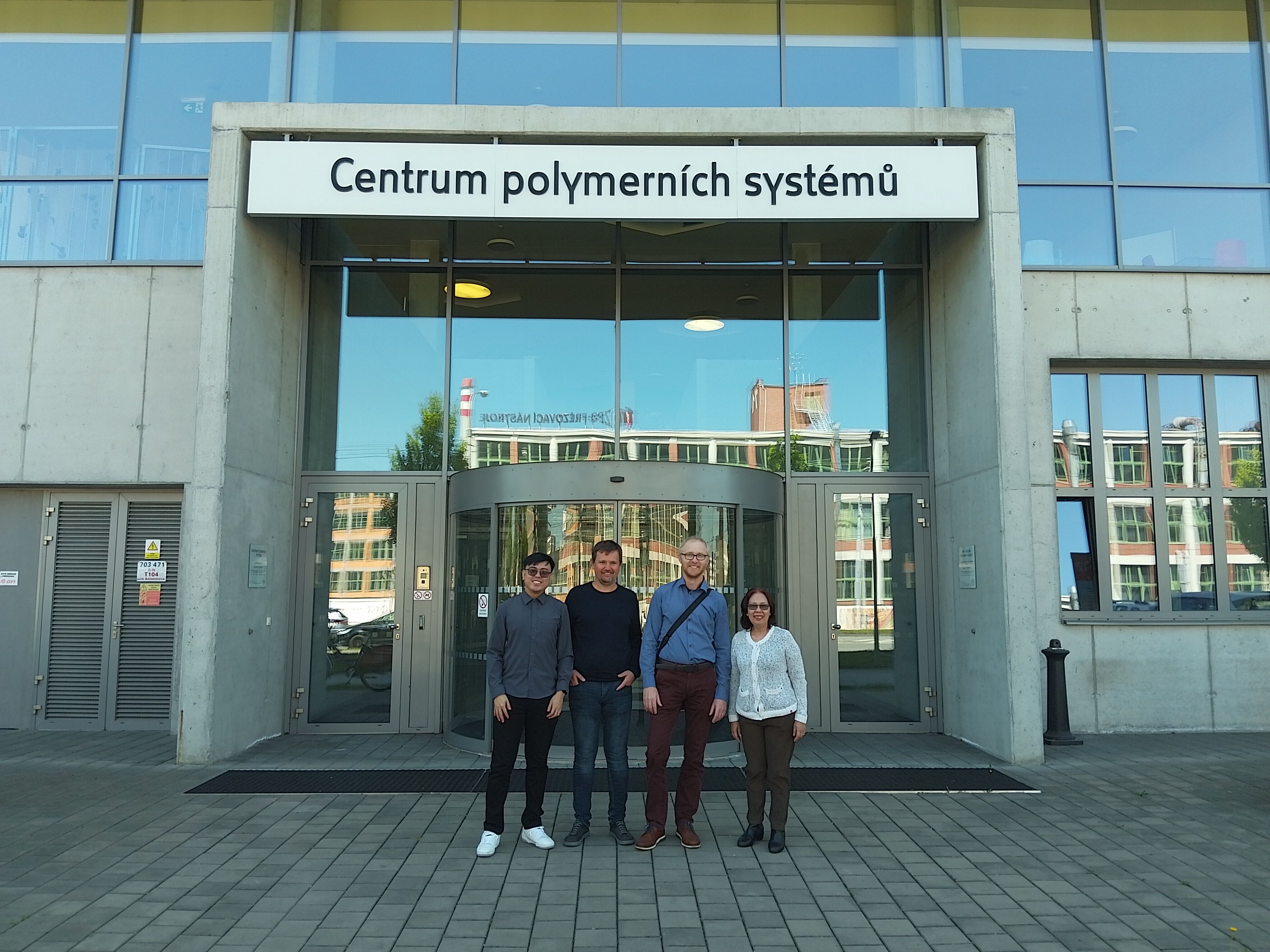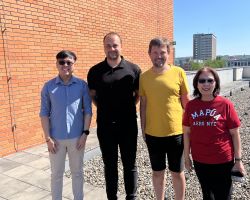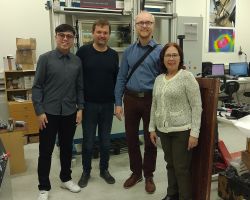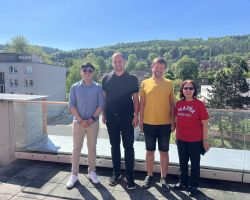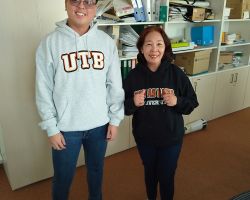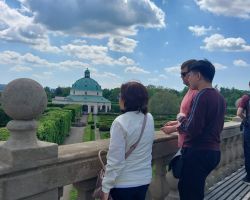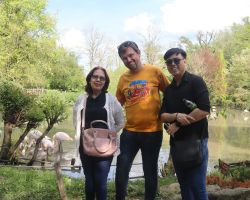Collaboration with the Philippines
Representatives from Mapúa University in Manila traveled all the way from the distant Philippines to visit the Centre of Polymer Systems. Dr. Delia B. Senoro, Vice President for International Linkages and a respected scientist, and Dr. Kristopher Ray S. Pamintuan, Dean of the School of Chemical, Biological, and Materials Engineering, came not only to get to know our workplace better, but above all to foster international collaboration that began to take shape last year.
"The collaboration between UTB and Mapúa University didn’t happen by chance. We targeted the Philippines specifically, as the country is one of the world’s major producers of natural rubber—a key raw material for the rubber industry, which is one of the main research directions of CPS. Out of several Philippine universities we approached, Mapúa responded the fastest and with great enthusiasm. One thing led to another, and the first chapter of this international partnership began," explains Associate Professor Radek Stoček, Head of the Rubber Research Group.
"We are still in the early stages of collaboration, which is essentially being built from scratch. However, we have already identified two main directions: research and mobility. From a research perspective, our institutions complement each other well, which opens the door to new interdisciplinary projects. The second pillar is the exchange of students and researchers. We’ve already taken the first steps—two short-term mobility programs have taken place, one bringing us to Manila, and the other bringing our Filipino colleagues to Zlín. We’ve also submitted a project proposal to support mobility, and we’re planning our first online workshop this fall. A joint scientific publication is also under consideration," adds CPS researcher Dr. Martin Stěnička.
A follow-up visit to Mapúa University is planned in the near future, this time with a research focus. The topic will address the issue of rubber particle emissions into aquatic environments—a highly current and socially significant area. This year, Mapúa University celebrates its 100th anniversary and is recognized as one of the leading technical universities in Southeast Asia. Like UTB, however, it offers a broad spectrum of study programs, which creates opportunities for broader collaboration beyond polymer sciences. “With Mapúa University, we are gaining a strong international partner, one with whom we can develop not only rubber technologies but also other research and educational activities. This collaboration is not just about science; it's a bridge connecting two different cultures with similar goals. And we believe this is the beginning of a long-term and inspiring partnership,” concludes Radek Stoček.
